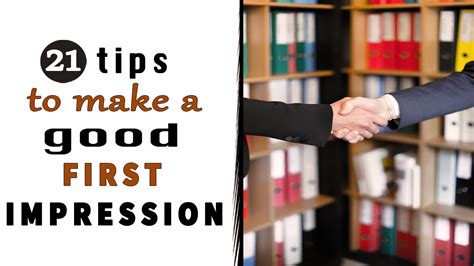Securing a position as a police officer is a highly competitive process that requires candidates to present themselves in the most professional manner possible. One key aspect of this is dressing appropriately for the interview. By adhering to certain guidelines, you can convey confidence, credibility, and respect for the interviewing panel.

Importance of Dressing Professionally
According to the National Association of Police Organizations (NAPO), first impressions account for 55% of the evaluation during an interview. Your attire significantly influences this impression, as it communicates non-verbal cues about your professionalism, attention to detail, and respect for the position.
Dressing Guidelines
For Men:
- Suit: A dark-colored suit in navy, black, or gray is the most appropriate choice. Ensure it is tailored to fit you well and is clean and free of wrinkles.
- Shirt: Opt for a crisp, white, or light-colored dress shirt with a button-down collar. Make sure it is ironed and properly fitted.
- Tie: Choose a conservative tie in a solid color or subtle pattern. Avoid flashy or overly distracting designs.
- Shoes: Wear polished, dark-colored dress shoes with closed toes and minimal ornamentation.
- Accessories: Keep accessories minimal and professional. A watch and a belt with a simple buckle are acceptable.
For Women:
- Suit: A skirt suit or pantsuit in a neutral color (navy, black, gray, or beige) is appropriate. Choose a style that is tailored to your body type and is made of quality fabric.
- Skirt: If opting for a skirt suit, ensure the skirt reaches just below the knee. Avoid skirts that are too short, tight, or revealing.
- Pants: Dress pants should be tailored to fit comfortably and fall just above the ankle. Avoid pants that are too tight or excessively baggy.
- Top: Wear a professional blouse or turtleneck in a solid color or subtle pattern. Ensure it is clean, ironed, and fits properly.
- Shoes: Closed-toe pumps or flats in a neutral color are the most appropriate choice. Choose shoes that are comfortable but provide adequate support.
- Accessories: As with men, keep accessories minimal and professional. A watch, simple jewelry, and a small handbag are acceptable.
Common Mistakes to Avoid
- Casual attire: Avoid wearing jeans, t-shirts, shorts, or athletic shoes. These casual items convey a lack of professionalism and seriousness.
- Outdated or ill-fitting clothing: Ensure your clothing is up-to-date and fits you well. Avoid garments that are too tight, too loose, or outdated in style.
- Unclean or wrinkled clothing: Make sure your attire is clean, freshly laundered, and free of wrinkles or stains. These details reflect your attention to detail and respect for the interview process.
- Excessive jewelry or accessories: Keep accessories minimal and avoid distracting pieces. Flashy jewelry or excessive ornamentation can detract from your professional image.
- Strong perfumes or colognes: Avoid wearing strong scents to the interview. These scents can be overpowering and distracting to the interviewing panel.
Additional Tips
- Research the department: Visit the department’s website or social media pages to learn more about their culture and expectations. This information can help you make informed decisions about your attire.
- Consider the weather: If the interview is scheduled for a particular season or climate, dress accordingly to ensure comfort and professionalism.
- Arrive early: Give yourself ample time to arrive at the interview location and check your appearance. This allows you to make any necessary adjustments and present yourself with confidence.
Conclusion
Dressing appropriately for a police interview is essential for making a positive first impression and demonstrating your professionalism. By adhering to these guidelines, you can convey confidence, credibility, respect, and a willingness to embrace the challenges of law enforcement. Remember, your attire is a nonverbal communication tool that can significantly influence your chances of success in the interview process.
